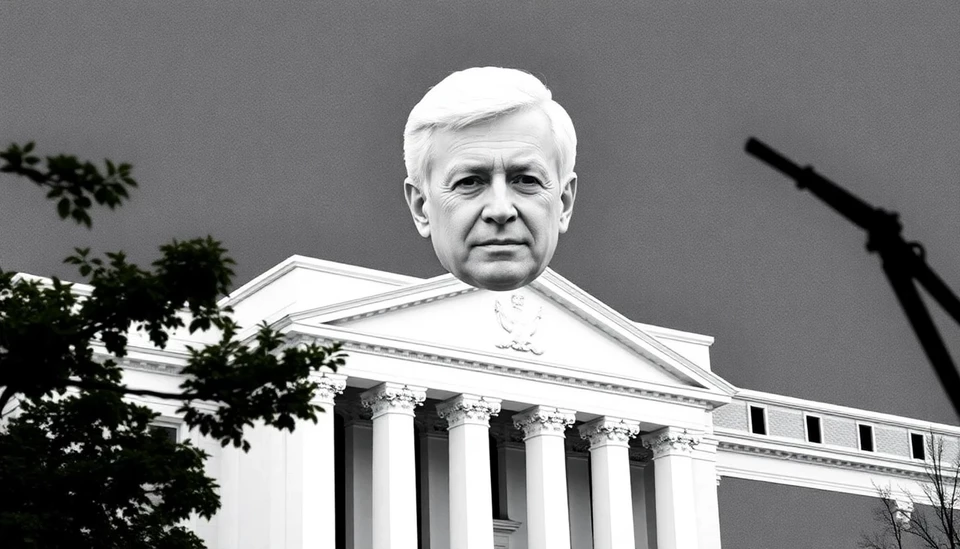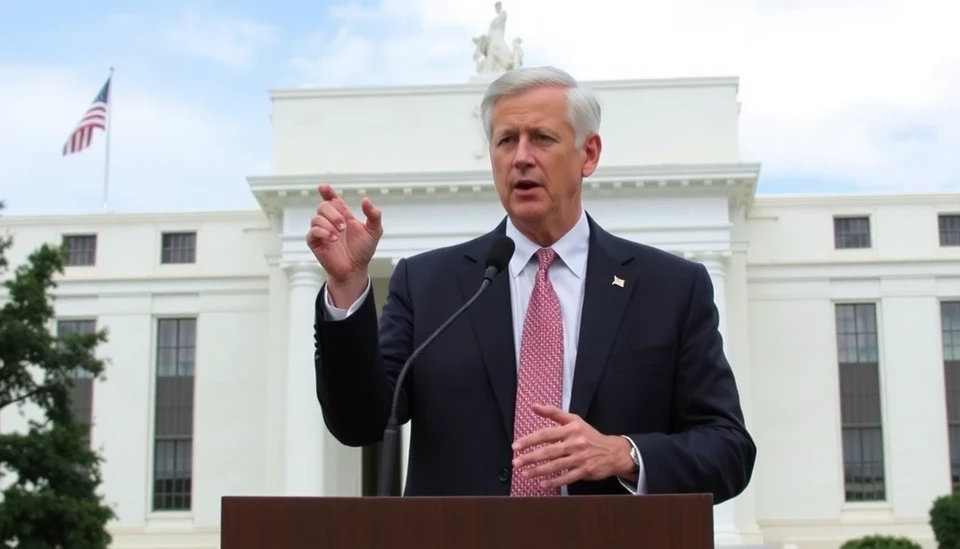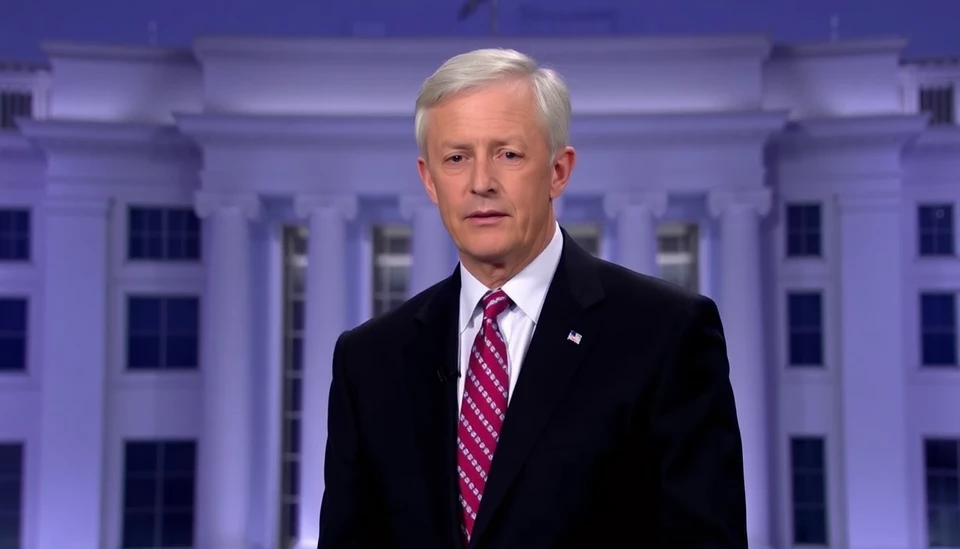
The economic landscape in the United States is continually evolving, and recent remarks from Boston Fed President Susan Collins have shed light on how the Federal Reserve is likely to navigate the complexities of trade tariffs and inflation. In a statement made during a recent economic conference, Collins indicated that the Fed is expected to take a more measured approach, potentially looking past the immediate price influences stemming from tariffs on goods imported into the country.
Collins, known for her data-driven approach, emphasized that while tariffs can lead to short-term price fluctuations, the central bank's focus remains on underlying inflation trends. She pointed out that persistent inflation affects consumer purchasing power and can risk the overall economic stability if not addressed appropriately. This stance suggests that the Fed is ready to differentiate between temporary price hikes induced by tariffs and more sustained inflationary pressures that could warrant intervention.
This perspective aligns with a broader trend among Fed officials who are increasingly wary of the impacts of global economic uncertainties on domestic markets. By acknowledging that tariffs may distort pricing but do not necessarily lead to lasting inflation, Collins is positioning the Fed to maintain its monetary policy framework without immediate adjustments that could stifle growth.
During her remarks, Collins referenced recent economic data that reflect a mixed picture - with some sectors experiencing robust growth while others face challenges. She noted the importance of careful analysis in understanding the full implications of trade policies on the overall economy. The Fed's mandate to promote maximum employment and stable prices requires a nuanced evaluation, especially amidst such a dynamic economic environment.
Market reactions to Collins' comments have been significant, as investors are keenly attuned to policy signals from the Federal Reserve. Many analysts believe that her view on tariffs indicates a likelihood of continued interest rate stability in the near term. This could influence not only monetary policy but also the broader financial markets as stakeholders manage their expectations in light of evolving economic indicators.
As the Biden administration continues to grapple with trade policies and their economic repercussions, the Fed's outlook is crucial. Collins’ suggestion that the central bank may remain steadfast in its mission without being swayed by short-lived tariff impacts is a marker of confidence for both markets and policymakers alike.
In conclusion, Collins’ commentary underscores the Federal Reserve’s prioritization of long-term inflation dynamics over temporary tariff-related price changes. Her insights reflect a commitment to fostering an economic environment conducive to sustainable growth, even as the complexities of global trade continue to unfold.
As the landscape shifts,collaboration between the Federal Reserve and government stakeholders will be vital in shaping a robust economic future for the U.S.
#FederalReserve #SusanCollins #Inflation #Tariffs #Economy #InterestRates #MarketReaction
Author: Daniel Foster




